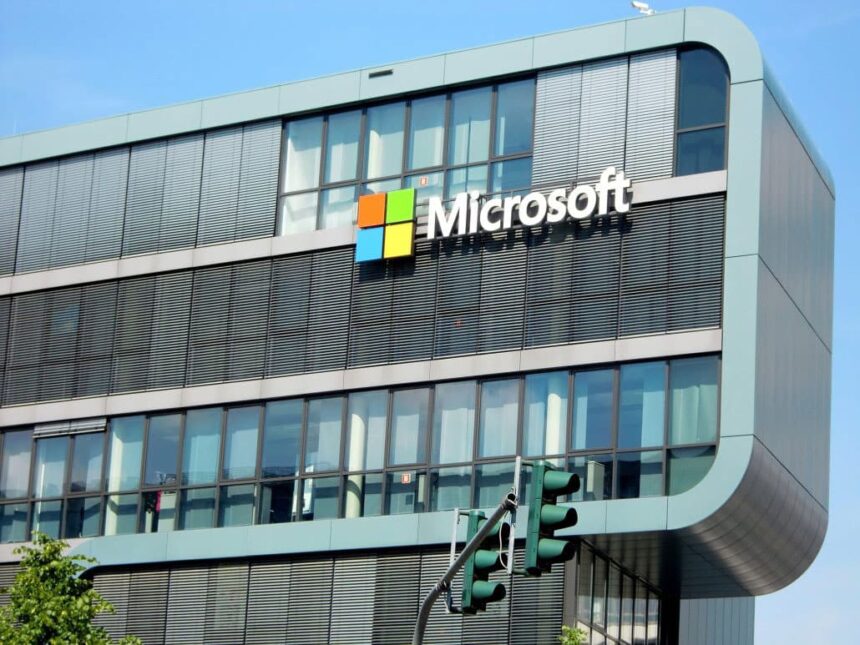Microsoft’s latest initiative in Nigeria involves a $1 million investment to train one million individuals in artificial intelligence (AI) and digital skills over the next two years. This announcement was made at an event in Lagos, marking a significant step towards strengthening Microsoft’s presence in Africa and preparing the continent’s workforce for the rapidly evolving global economy.
Partnering with organizations like Tech4Dev and Data Science Nigeria, Microsoft aims to enhance the employability of Nigerian youth by providing AI and cybersecurity education. Olatomiwa Williams, the Managing Director of Microsoft Nigeria and Ghana, emphasized the company’s commitment to empowering individuals and organizations to seize opportunities in the AI-driven industrial revolution.
This initiative follows Microsoft’s previous efforts to enhance digital skills in Africa, including a $1 billion investment in Kenya to improve digital infrastructure and establish an innovation hub. Additionally, Microsoft has pledged to train one million South Africans in AI and cybersecurity skills by 2026, aiming to democratize access to AI education and create a more equitable digital future.
While the $1 million investment in Nigeria aims to reach a large audience, there are concerns about the feasibility of training one million individuals with this budget, amounting to just $1 per trainee. Details about the program’s structure, depth, and certifications offered are yet to be disclosed.
Microsoft’s focus on AI and digital skills training aligns with its strategic interests in expanding its footprint in Africa’s growing tech ecosystem. By investing in human capital development, the company not only addresses the digital divide but also cultivates a pool of skilled professionals who could potentially become future users of its technologies and services.
This move comes as other tech giants like Google also increase their investments in Africa, with initiatives to support AI talent development and digital skills across the continent. These investments underscore the recognition of Africa’s potential as a technological innovation and talent hub.
Lillian Barnard, Microsoft’s President for Africa, highlighted the economic potential of AI for the continent, pointing to studies that suggest AI could significantly contribute to Africa’s GDP by 2050. Microsoft’s investments in training and infrastructure are poised to play a crucial role in realizing this potential, positioning Africa as a competitive player in the global digital economy.
As Microsoft deepens its engagement in Africa, the success of these initiatives will hinge on effective implementation, collaboration with local partners, and the ability to scale training programs to meet the diverse needs of the continent’s population. This concerted effort to empower African youth with AI and digital skills underscores Microsoft’s commitment to driving inclusive growth and innovation in the region.







